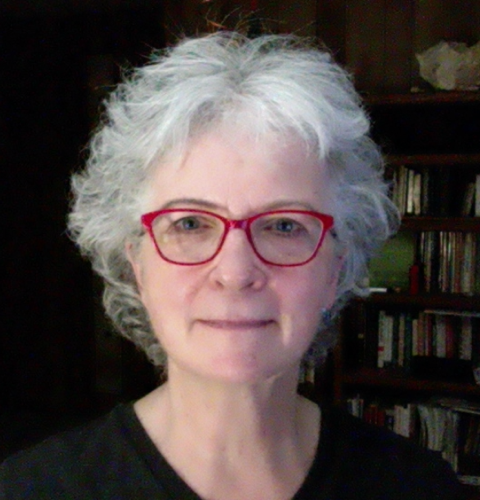
As practitioners, it’s easy to ignore or fail to take note of the red flags that imply we’re headed for burnout. Not until the billowing smoke of burnout is blocking our view.
When you feel burdened by your responsibilities, it’s important to carve out space and build resilience—not necessarily to bounce back, but to grow through by adapting to the change. Learn to brake before you have a breakdown. A little time and quiet now will help you navigate the challenges and opportunities in your path more easily.
In this conversation with Celia Hildebrand, we discuss how the practice of medicine changes us along the way. We also talk about knowing when things are right for us at a certain time in our careers, identifying the red flags of burnout, finding ourselves at a time of overwhelm, and how experience helps us navigate working outside our comfort zones.
Listen into this discussion on collecting red flags, dealing with burnout, and changing in tandem with our changing practices and our stage in life
What I most think about as a clinician is, “Would I go to me?” In other words, do I like myself, my practice, my approach to practice enough that I would want to be my own patient?

Dr. Celia Hildebrand, DAOM, LAc
Dr. Celia Hildebrand, DAOM, LAc is an assistant professor in the Department of Family and Community Medicine at the University of Arizona (Tucson), and a contributing faculty member of the Andrew Weil Center for Integrative Medicine. Her Master’s degree is from International Institute of Chinese Medicine (Santa Fe 2001) and DAOM from OCOM, where she focused on the role of EAM in public health, and its use in trauma response and recovery.
In addition to work in Higher Education for the past 12 years, Dr. Hildebrand spent 35 years with Native American communities of the Southwestern US focused on health care services. She maintains a private practice in Tucson, is a past Board member of Acupuncturists Without Borders, and in 2019 was awarded a Fulbright Specialist grant to teach an auricular acupuncture protocol for trauma, pain, and addiction at the Uzhorod National University School of Medicine in Ukraine. She is a 2nd generation American, especially concerned about the loss of traditional knowledge and practices which has led her to dive deeply into her lineage through ethnomedicine of Eastern Europe.
Visit Celia’s website.
In this conversation Celia referenced the podcast episode with Lillian Bridges